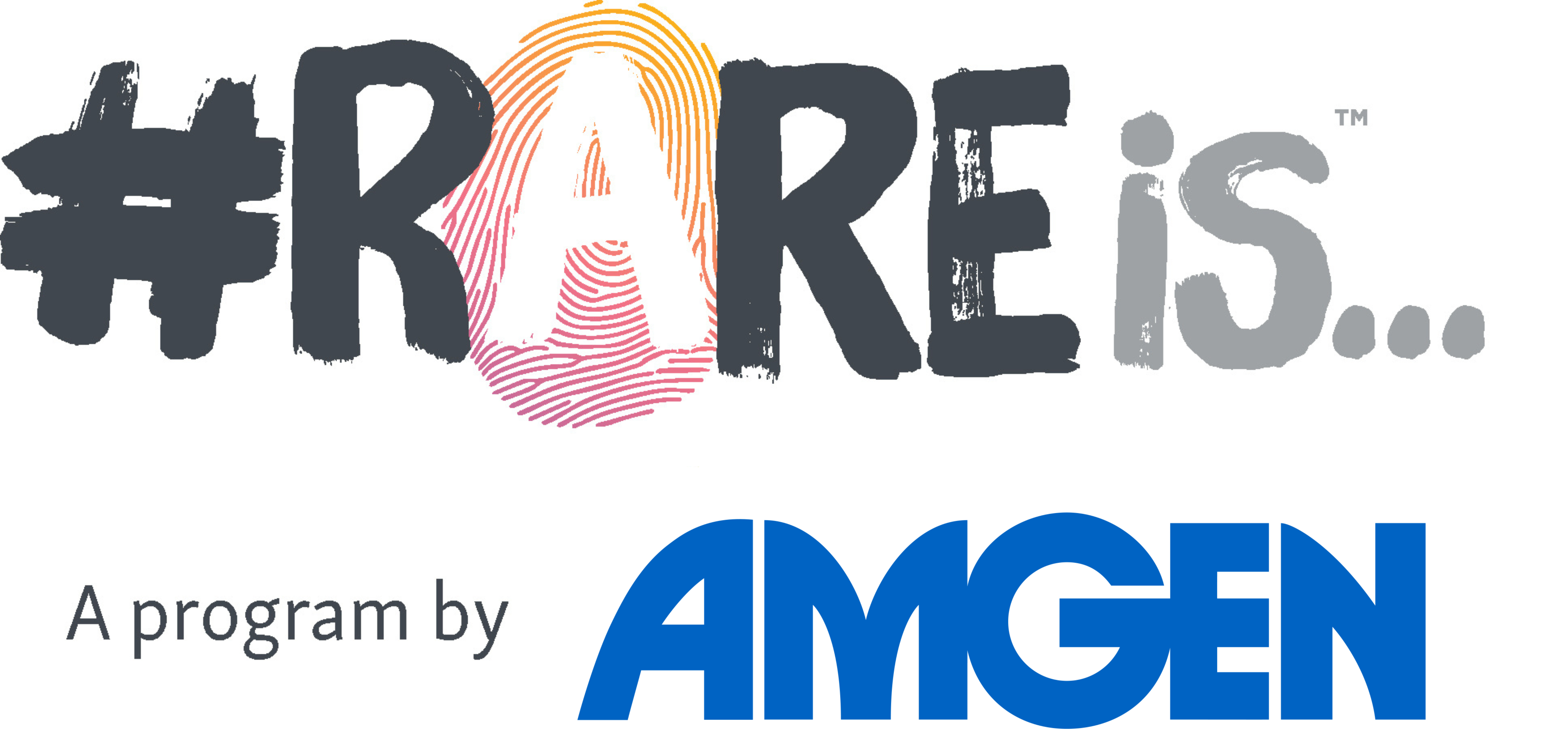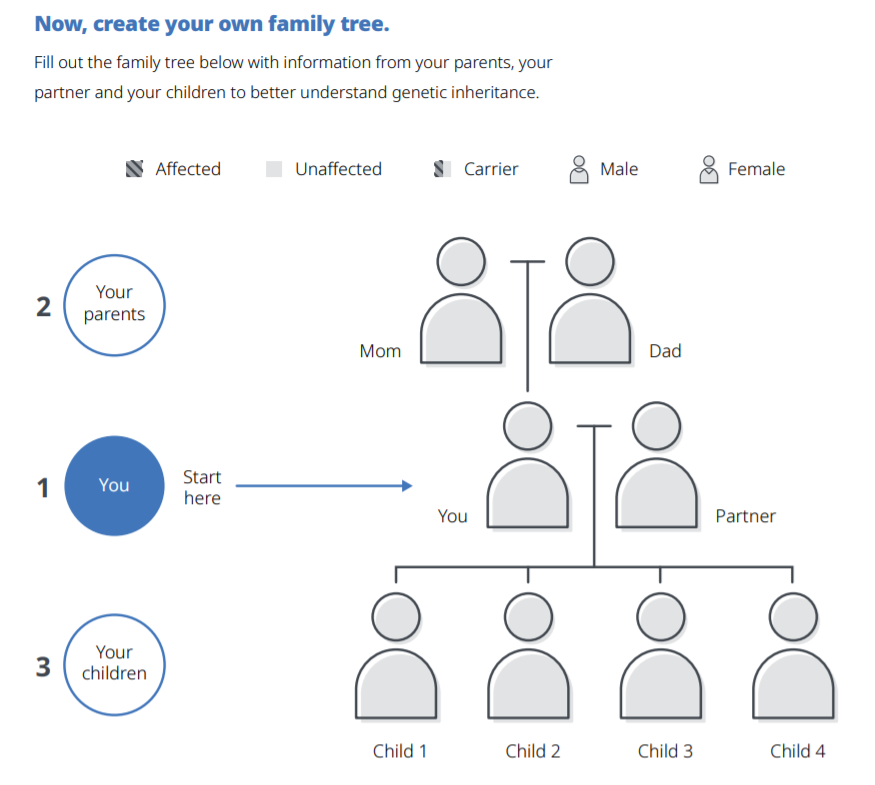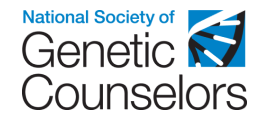A genetic disorder is a disease caused in whole or in part by a change in the DNA sequence away from the normal sequence.1
Every single cell in the human body contains your individual blueprint to life, known as DNA. DNA is the instruction book that tells each cell how to behave, when to switch on/off and which proteins to produce. Typically, humans have 46 chromosomes – the structures that make up DNA – with one set of 23 coming from the father and the other set from the mother. Females have two X chromosomes, while males have an X and a Y chromosome.2
Each chromosome is made up of genes, the basic building blocks that determine our genotype (the genes you carry) and phenotype (how those genes express themselves, e.g. as eye / hair color or susceptibility to health conditions).2 To learn more about your genome, it may be helpful to consider genetic testing. Click here for more information on genetic testing.
Families share many things and typically have a lot in common, including genetics. Identifying patterns within your family health history, lifestyle and environment can help healthcare professionals understand whether an individual or family member may be at risk of developing a genetic disorder.3 You can find out if your disorder is genetic by speaking with a genetic counselor and/or a geneticist (genetics doctor). Testing is also available to confirm if you have a genetic disorder.4
The content in this section may not be applicable in all countries. Genetic testing regulations vary and in some instances may only be carried out at the request of the court, or by a doctor for medical or scientific research purposes.
Where do I start if I think I have a genetic disorder?
If you suspect that you have a genetic disorder, the first step is to discuss your concerns with a physician.5 Then, collect information about your family’s health. It may be difficult to gather information on your own and it can be valuable to connect with other family members to discuss your questions. Be transparent with your family members about what information you are asking for and why. Family members may be hesitant to share personal health information, as some genetic disorders may still be surrounded by stigma and misunderstanding.3,6,7 You can visit this link to read more about suggestions to discuss genetics history and testing with your family.
It is a good idea to list the immediate members of your family (parents, siblings, children), followed by the extended family members (grandparents, aunts, uncles, cousins). At that point, it is useful to gather as much information as possible about each person’s individual medical history. Think back to any symptoms they experienced and at what age the symptoms developed. You may also consider asking family members if they’ve ever had an evaluation by a geneticist or completed genetic testing. It may also help to ask them about their experience before and after a diagnosis.6,7,8
Your health care provider might recommend having genetic testing done to confirm a diagnosis and connect you with a genetic counselor. Your health care team will help you decide on the best route for you (click here to read more on the role of a genetic counselor).5 A genetic diagnosis may also be useful for other family members who may be affected or at risk of a specific genetic disorder.3
Can my condition be genetic if no one else in my family has it?
It is possible to inherit a genetic disease that no one else in your family appears to have. Family members may be carriers of the condition but show no physical signs or they may have a gene variant and develop the disease at a later age. Due to the powerful impact the environment has on our genes, it is also possible to have a variant gene but not develop the condition.3
It is also possible for any individual to spontaneously develop a genetic variant that no other family member has, and this variant could cause a genetic disorder. This is known as a de novo, also known as “new” variant.9
If someone in my family has a genetic condition, does that mean we will all develop it?
A family diagnosis of a genetic disorder does not mean that all individual family members will develop that disorder. Similarly, someone with no family history of a genetic disorder may still go on to develop it.3
Knowing your family health history may give more insight into the risk of specific genetic conditions. If you are concerned about how your genetics will impact your health, it’s recommended that you discuss your concerns with a physician or genetic counselor.4
Family Health History Fact Sheet
Information from the National Society of Genetic Counselors is a great resource that explains in detail how to learn more about and record your own family health history. This will help you understand your risk for different medical conditions and how to work with your health care providers to manage these risks.
References
- National Human Genome Research Institute. Genetic Disorders. Available at: https://www.genome.gov/For-Patients-and-Families/Genetic-Disorders. Last accessed November 2020.
- Global Genes (2014) Genetic testing: Is this my path to diagnosis? Available at: https://globalgenes.org/wp-content/uploads/2014/05/GG_toolkit_seven_web.pdf. Last accessed November 2020.
- U.S. National Library of Medicine. Why is it important to know my family history? Available at: https://medlineplus.gov/genetics/understanding/inheritance/familyhistory/. Last accessed November 2020.
- National Society of Genetic Counselors. What do genetic counselors do? Available at: https://www.aboutgeneticcounselors.org/About-Genetic-Counselors/What-Do-Genetic-Counselors-Do. Last accessed November 2020.
- National Society of Genetic Counselors. Who are genetic counselors? Available at: https://www.aboutgeneticcounselors.org/who-are-genetic-counselors. Last accessed November 2020.
- National Society of Genetic Counselors. Family history resources. Available at: https://www.aboutgeneticcounselors.org/FAQs-Resources/Family-History-Resources. Last accessed November 2020.
- Mayo Clinic. Medical history: compiling your medical family tree. Available at: https://www.mayoclinic.org/healthy-lifestyle/adult-health/in-depth/medical-history/art-20044961. Last accessed November 2020.
- U.S. National Library of Medicine. What does it mean if a disorder seems to run in my family? Available at: https://medlineplus.gov/genetics/understanding/inheritance/runsinfamily/. Last accessed November 2020.
- U.S. National Library of Medicine: MedlinePlus. What is a gene mutation and how do mutations occur? Available at: https://medlineplus.gov/genetics/understanding/mutationsanddisorders/genemutation/. Last accessed November 2020.
Thank you to the following organizations that provided strategic guidance on our genetic testing topics: Global Genes, Permanente Medical Group – Genetic Movement Disorder Clinic, Our Odyssey, One Rare and Remember the Girls.




